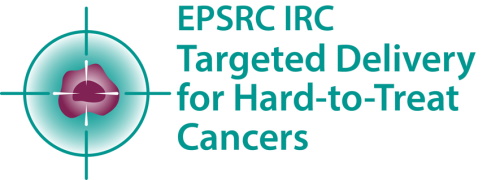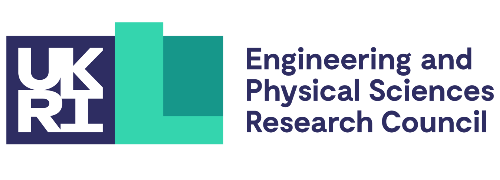
Submitted by Simone Castello on Fri, 27/08/2021 - 12:30
The Engineering and Physical Sciences Research Council (EPSRC) Interdisciplinary Research Collaboration (IRC) in Targeted Delivery for Hard-to-Treat Cancers is launching a new monthly series of thought-provoking and informative articles – the Cancer in Sight Blog.
Written by members of the IRC team, our partners and clinical experts in the field, the informed and reflective blogs will showcase developments in research, outputs and ideas from the forefront of interdisciplinary research in targeted delivery for hard-to-treat cancers.
The inaugural Cancer in Sight Blog is written by George Malliaras, Prince Philip Professor of Technology and Director of the IRC at the University of Cambridge, who reflects on the programme as it reaches its mid-way point. In the blog titled ‘Taking the long-term view to make short work of cancer’, he writes: “The work of the IRC demonstrates the importance of long-term funding for science. Typically, funding supports one or two post-docs for two to three years which limits the amount of work that can be achieved. Research that involves the transition of technology to the clinic requires bigger thinking and a greater headcount, making the funding stream critical to progress. An unexpected benefit of the global pandemic is renewed public faith in science. I hope that bodes well for future funding of science in this country.”
The IRC works to develop new technologies to effectively deliver drugs for the treatment of three hard-to-treat cancers: mesothelioma, pancreatic cancer and a brain cancer, glioblastoma. Comprising six leading universities, Cambridge, Imperial, UCL, Glasgow, Birmingham and Nottingham, alongside several partner institutions, the research programme is organised in three themes, pursuing innovation in the areas of high-capacity vehicles, injectable gels and implantable devices. The Centre develops materials and devices and explores their structure and properties before transitioning to models and validating processes – always driving development towards the end goal of human trials that truly test the efficacy of the device.
To this end, the IRC engages with clinicians from the very start to map the real-life need for technology development. The Cancer in Sight Blog will report on the work, achievements and challenges that are part of this interdisciplinary programme.
Read the full Cancer in Sight Blog by George Malliaras, Prince Philip Professor of Technology and Director of the IRC here


